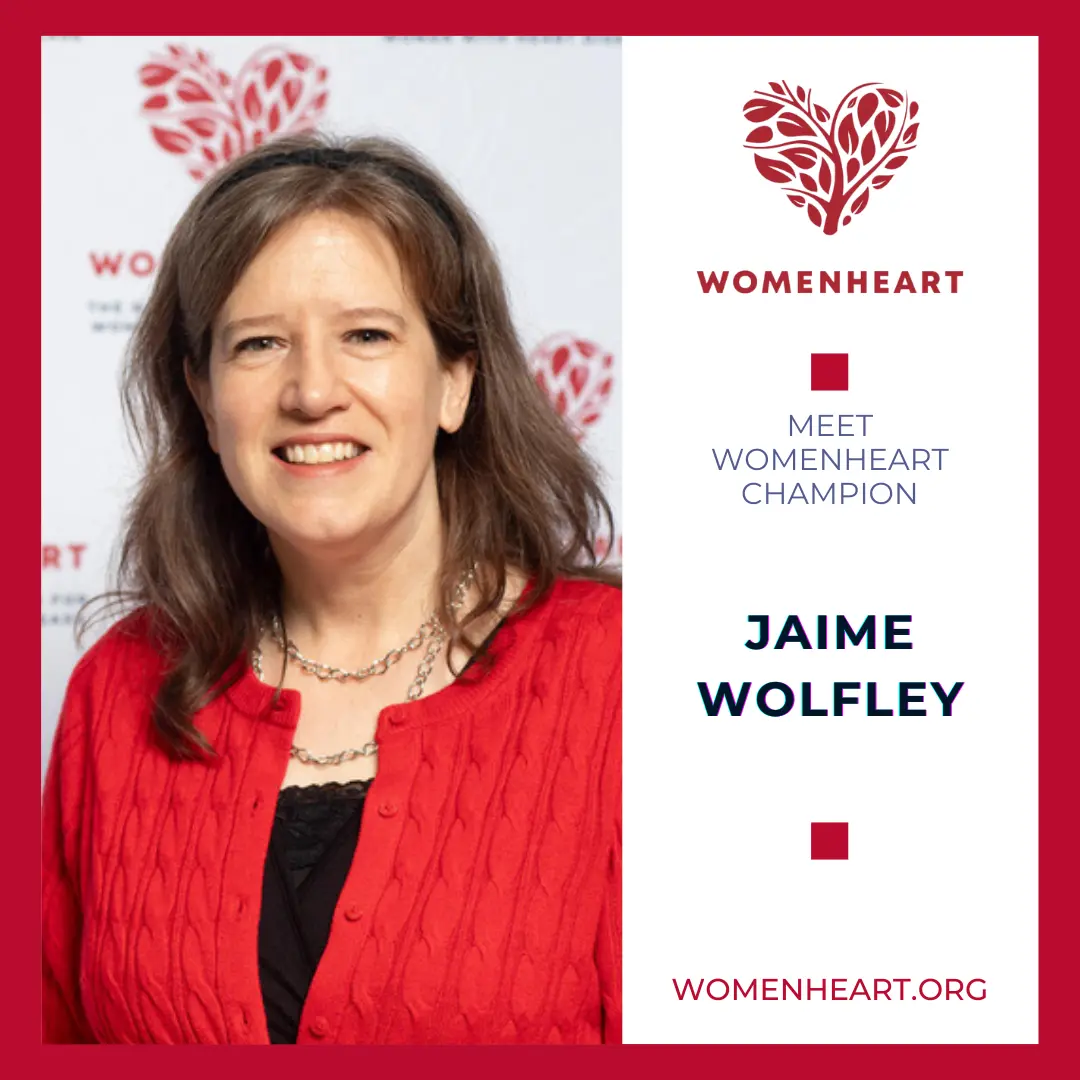 I am a heart disease patient, and I suffer from post-traumatic stress disorder (PTSD). Some of it stems from experiences of cardiac arrest and surgery, but a lot of my PTSD comes from my experience with an implanted device meant to save my life.
I am a heart disease patient, and I suffer from post-traumatic stress disorder (PTSD). Some of it stems from experiences of cardiac arrest and surgery, but a lot of my PTSD comes from my experience with an implanted device meant to save my life.
I was diagnosed with Long QT syndrome, and because of it I’ve experienced hundreds of shocks from multiple implanted cardiac defibrillators (ICD). The ICD is a pacemaker and defibrillator that sends a shock to reset the pace of my heart when it gets into a dangerous rhythm. My ICD has shocked me while walking, climbing stairs, showering, driving, watching television, and sleeping.
The sensation, I imagine, is akin to that of being kicked by a horse in the chest.
Because I was so young when diagnosed, cardiologists struggled to figure out how to set the device for my age. This led to countless numbers of unnecessary shocks, with the device detecting an arrhythmia that wasn’t really there because the settings were incorrect. I developed anxieties and stress about essential daily activities like showering, sleeping, and driving all out of fear I’d be shocked again.
My settings were fixed, but over the last few years, I’ve experienced what’s sometimes called ‘phantom shocks,’ or an electric jolt sensation when the ICD had not fired. But when I feel a phantom shock the symptoms do not differ from the real thing. I sweat, panic, become anxious and angry, hear ringing in my ears, have tunneling vision, and feel pain — it takes me hours and sometimes more than a day to recover from a phantom shock.
Most doctors don’t recognize this as a real thing and not much has been written on the topic for patients looking for answers. For the handful of studies I have found, all the case subjects were men. Women especially have a hard time when presenting symptoms and are often viewed as emotional. They’re instead asked questions on relationship and work stress. Doctors don’t always consider it could be trauma from a severe cardiac event.
I recounted my shocks, sweating and night terrors to a general physician. “You talk as if you’ve been to war,” she said. “I hear soldiers say the same things.” She was the first to suggest my phantom shocks could be PTSD and referred me to a therapist. But after bouncing from doctor to doctor and getting little support, I gave up.
been to war,” she said. “I hear soldiers say the same things.” She was the first to suggest my phantom shocks could be PTSD and referred me to a therapist. But after bouncing from doctor to doctor and getting little support, I gave up.
It was not until recently that I became aware of PTSD among other heart disease patients. Within communities like Inspire, pacemakers club, or at events, women were coming up sharing similar experiences, thinking they were just nightmares. Many more heart patients might be suffering from PTSD and just don’t know it.
If you feel fear, anxiety, stressed or apprehension about a doctor’s appointment, are terrified about living your life after cardiac surgery, have been diagnosed with cardiac disease, or dread an implanted cardiac device – know that you are not alone.
Up to 50 percent of Americans will meet the criteria for a diagnosable mental health condition sometime in their life. WomenHeart and Mental Health America have worked together to provide free, anonymous assessments to help you tune in to your mental health.Learn more and take an assessment today to get started.




